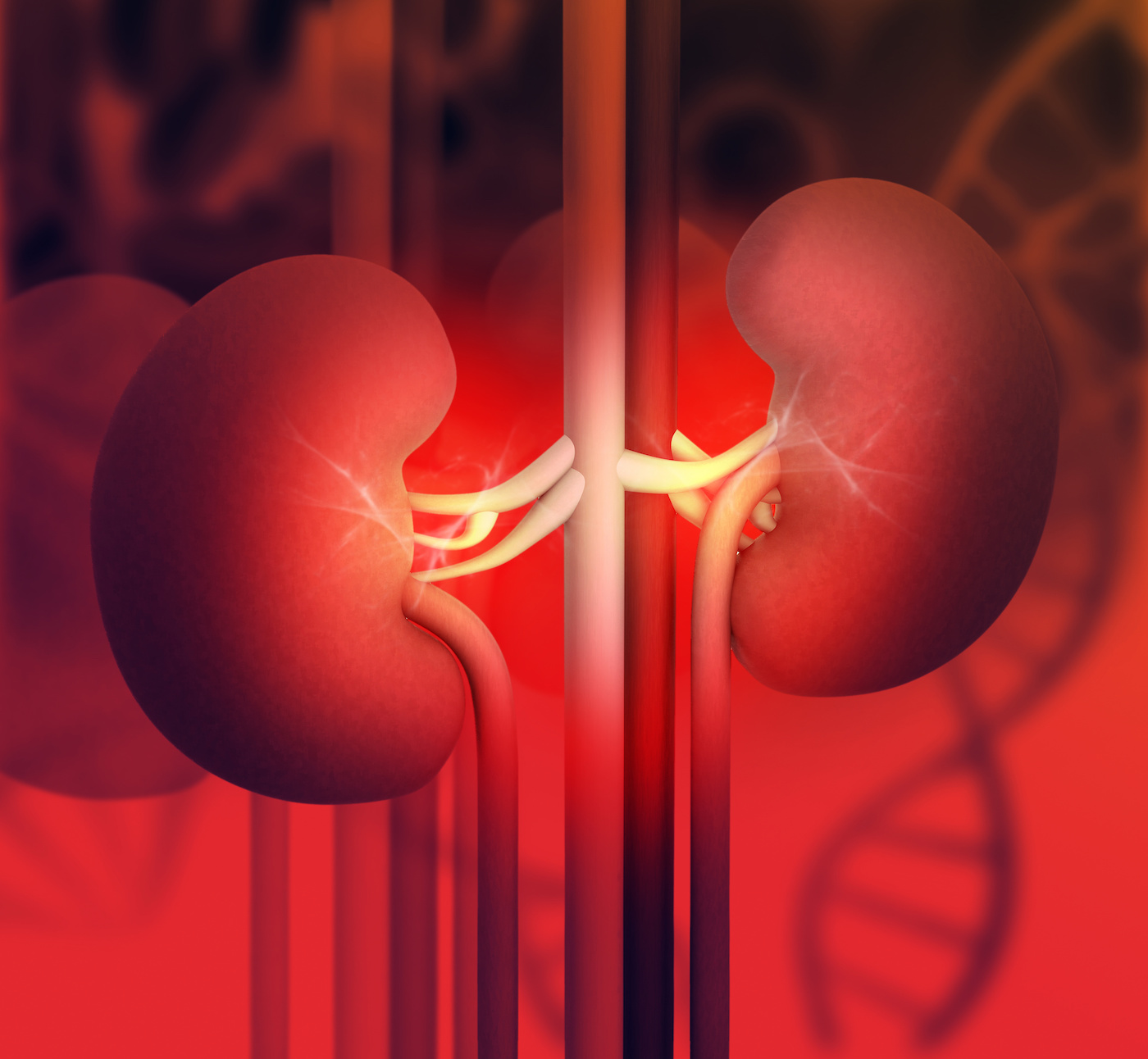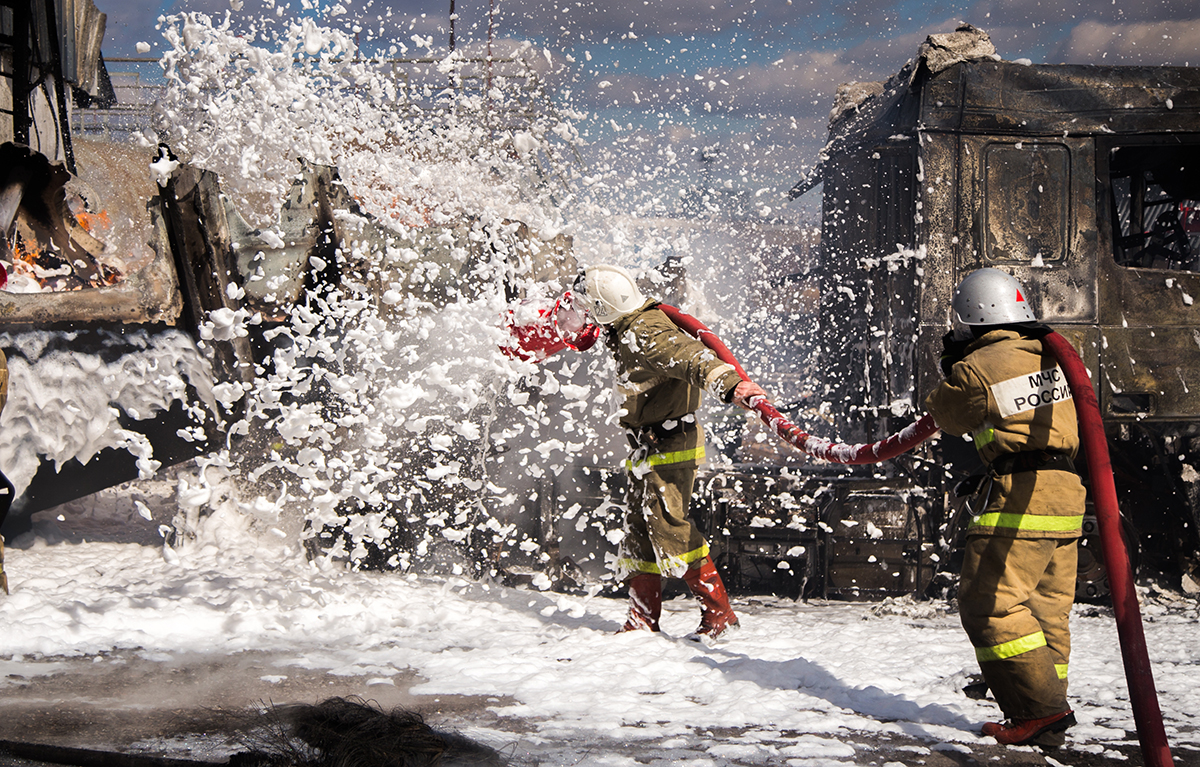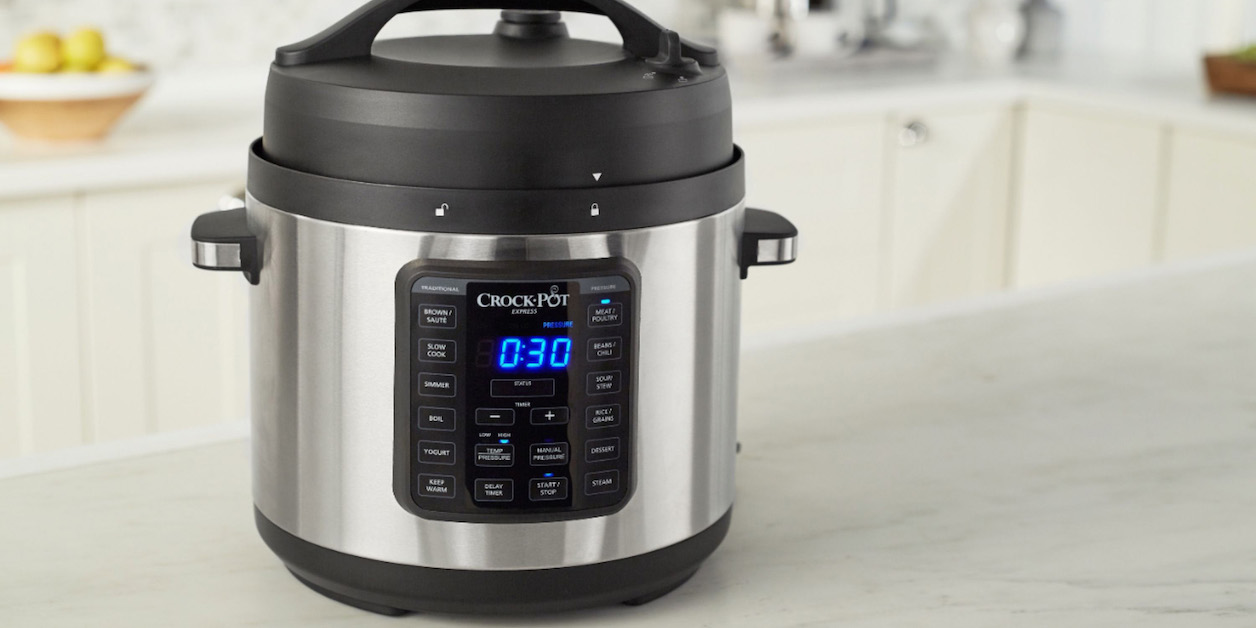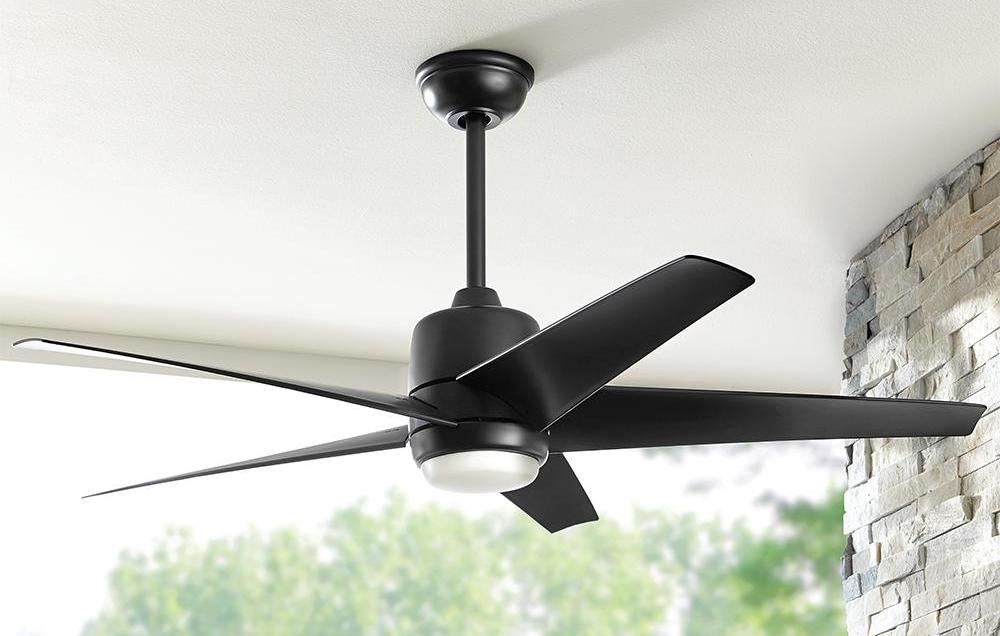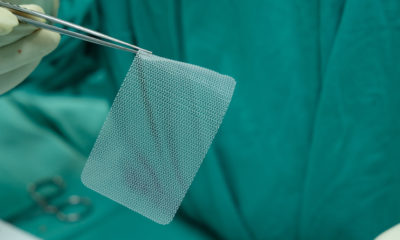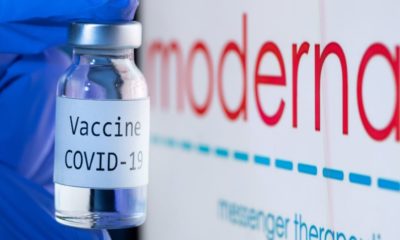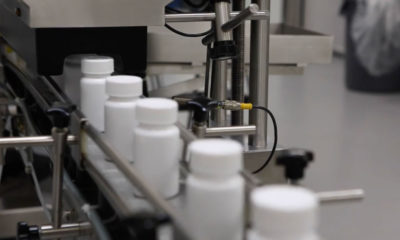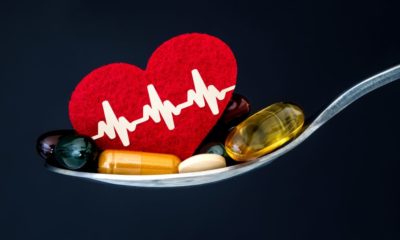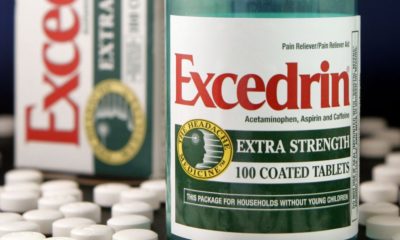Drinking caffeinated soft drinks after a workout or after working hard in hot weather can extend dehydration and have an impact on kidney health.
Soft Drinks, Dehydration, and Acute Kidney Injury
Researchers from the University of Buffalo published a study in the American Journal of Physiology-Regulatory, Integrative, and Comparative Physiology finding that consuming soft drinks after working or doing a workout in the heat does not rehydrate the body could interfere with the function of the kidneys.
For the study, researchers enlisted the help of a dozen physically fit, healthy adults with an average of 24 to spend 30 minutes on a treadmill and 15 more minutes doing three tasks that would normally be done on a farm.
Following the 45-minutes of activities, the study participants were to relax for 15 minutes and drink either water or 16-ounces of a citrus-flavored, high-fructose soft drink. Then participants repeated the activity/rest cycle three more times.
The participants returned to the study a week later to perform the activity/rest cycle four times. However, those who chose water in the first trial received soda during the second, and vice versa.
Study Results Indicate AKI and Dehydration
Study authors said the purpose of the study was to test a hypothesis that drinking pop or soda in between and after exercising in the heat would raise the biomarkers of AKI as compared to drinking water.
Before, immediately following, and 24-hours after a 4-hour activity cycle, researchers measured certain parameters including body weight, heart rate, core body temperature, and blood pressure. But they also measured creatinine levels in the blood and glomerular filtration rates, both of which can be markers for acute kidney injury (AKI).
Participants who consumed soft drinks after each cycle had markers for both increased creatinine levels and reduced glomerular filtration. However, researchers also noted that the participants who consumed soft drinks were also mildly dehydrated and had higher levels of an antidiuretic hormone called vasopressin, which increases blood pressure.
According to study authors, the study was small and had few participants because they were exploring a hypothesis and needs to be replicated with a larger group of participants to glean more accurate results. Researchers also noted that more work would need to be done to determine any long-term effects of consuming soft drunks during work or exercise in the heat and how it related to kidney damage.
What You Should Do
Whether your working out or performing your job on a long hot day, how your body recovers from dehydration is important to consider. While soft drinks have been associated with being overweight or obese and should be avoided by diabetics and anyone who wants or needs to control their blood sugar. And research suggests that people who drink one or more soft drinks daily have a 26 percent higher risk of developing diabetes. And if you think you’re safer with diet soda, think again, as diet soda may be just as bad for you as regular soda. To help your body recover from exercising or working in the heat, drink plenty of water and electrolytes.
